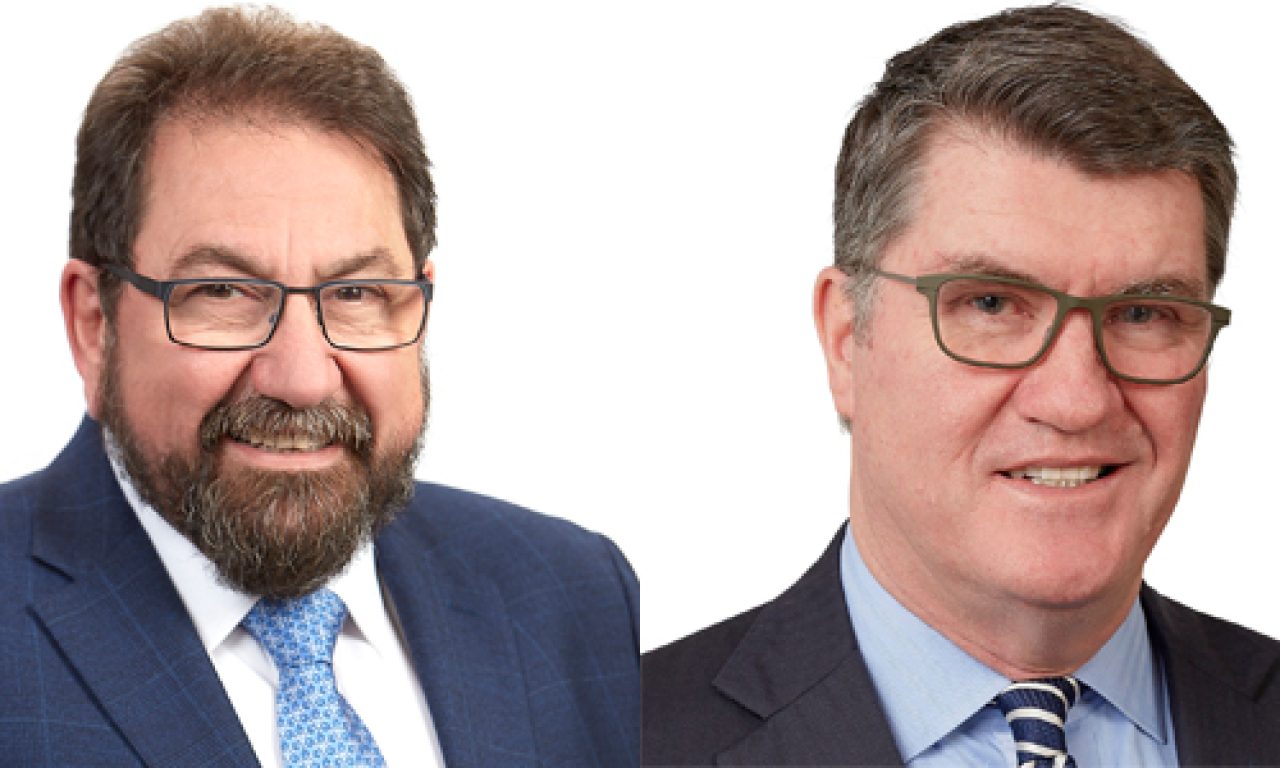There are lots of repercussions from the COVID-19 fallout which will stick for a long time for everyone, including managers of Australian equities. For the most part, according to Paul Xiradis, talking about the equities markets recently, they are more an acceleration of previous trends – either demographic or societal. Putting aside the daily Coronavirus media noise, he offers his views on the longer-term impact.
Xiradis, a founder and executive chair of Ausbil Investment Management, the A$12 billion Sydney-based global manager, said in an interview last week (June 24) that one of the important macro things to come out of this was that: “While we had been talking about where interest rates would be staying lower for longer, we are now in an environment where we expect they will be staying even lower for even longer. This has significant ramifications for asset markets… With the level of indebtedness of global banks and governments, they will want recovery that will stick. Before the crisis hit, central banks said that they had done a lot of the heavy lifting getting us out of the GFC issues, by lowering interest rates. Now, they are thinking, it’s time for governments to provide fiscal stimulus, which they have started to do.” He believes some of the big trends, accelerated by the current global health crisis, include:
- We are moving more quickly with the adoption of e-commerce business models and their acceptance by consumers. “The public has found out how easy it is. This means that technology will be used by a greater mass of people. The whole world likes it,” Xiradis says
- The knock-on effect for retail store owners and the property owners is that they don’t need to have such a large footprint as previously. There will be more and more ways for them to do business. “Retailers have already recently had the upper-hand with landlords due to the shift to online… The trends were developing but they have now been fast-tracked.”
- A positive development in property is the development of large data and internet storage facilities, which is a global phenomenon, to cater for the growing internet sales businesses and the importance of secure back-up systems. The major listed one in Australia is NextDC. It is one of the few ASX-listed companies whose recent earnings calls have been upgrades. “It will have a high degree of permanency,” Xiradis said.
- The payments sector is also being given a big kick-along, with companies such as After Pay, recording record results.
- In the resources sector, Ausbil, which offers a separate Aussie resources fund and strategy, believes that different commodities need to be looked at in different ways. Increased fiscal spending means increased infrastructure spending. Steel-making will still be strong. The “pump-up” in electronic vehicles will continue and this has positive implications for commodities such as copper, lithium and nickel. The longer-term use of coal has definitely been reduced, but there needs to be alternatives, such as solar, wind and cleaner gas.
With ESG issues, generally, Ausbil boasts a long history of integrating those principles across its portfolios. It has a separate ESG team, under Mans Carlsson-Sweeny, which guides their approach. He is a prominent manager in this space, who has been a leader in the discussion of ‘Social’ issues such as the adherence to Australia’s ‘modern slavery’ laws. The firm believes in engagement with companies to improve their ESG awareness and policies. This is more important in smaller markets, such as Australia, where it is more problematic against any index to do the “Wall Street walk”. Xiradis said: “We engage at the highest levels of companies and right across the board. All our PMs (portfolio managers) and analysts speak with those companies.”
From a distribution perspective, Mark Knight, the director of distribution at Ausbil, said that big funds in the institutional space would continue to get bigger, as small-medium-sized funds were being encouraged to merge. Plus, a number of funds were insourcing at least part of their investment management. “But that doesn’t mean they won’t continue to outsource a large proportion too,” he said. “We aim to have an alignment of interests in that environment. Super funds are wanting to do more business with fewer managers. They are looking to have a partnership-style approach.”
The integration of ESG principles was now universally required in the institutional market, Knight said. Big funds were also liking their managers to operate in more than one asset class, such as both domestic and global equities.
– G.B.

